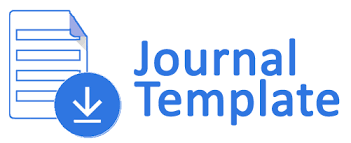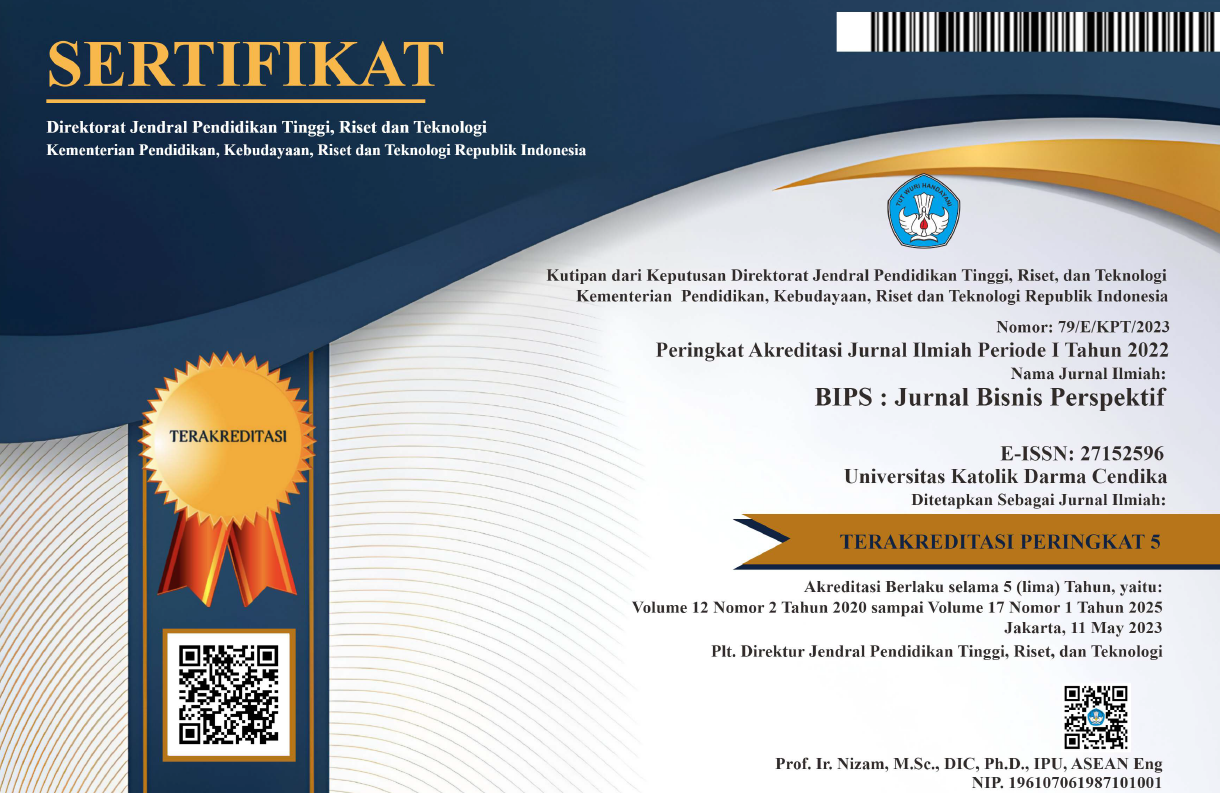Analisis Tarif Dan Besarnya Pajak Bahan Bakar Kendaraan Bermotor Di Indonesia
DOI:
https://doi.org/10.37477/bip.v11i2.17Keywords:
external costs, motor vechile fuel tax, gasoline tax, diesel taxAbstract
Fossil-fueled motor vehicles play an important role in supporting the economicactivities of society. Besides having a positive effect on a country's economicgrowth, the operation of fossil-fueled motor vehicles also has a negative impact.These negative effects impose costs on society which are usually known asexternal costs and consist of air pollution costs, congestion costs, accident costs, noise costs and climate change costs. Conceptually, the external costs ofoperating these fossil fuel vehicles must be charged to motor vehicle usersthrough the imposition of various taxes, one of which can be in the form of MotorVehicle Fuel Tax. In Indonesia the Motor Vehicle Fuel Tax is levied as a RegionalTax at a rate of 5% of the Selling Value of Motor Vehicle Fuel and is notdifferentiated for petrol or diesel fuels. Research conducted shows that the MotorVehicle Fuel Tax that is collected in Indonesia is still too small, both from itsabsolute value and its tariffs, when compared with European countries, OECDand non OECD member countries and countries in the Southeast Asia Region. Inaddition, the value of the Motor Vehicle Fuel Tax collected is still insufficient to cover the external costs of operating a fossil-fueled motorized vehicle. Therefore,the tax rates for motor vehicle fuels in Indonesia must be increased and the ratesmust be separated between gasoline fuel which must be higher than diesel fuel.
Downloads
Published
How to Cite
Issue
Section
License
Authors publishing in this journal agree to the following terms:
- The author retains copyright and grants the journal rights of first publication with the work simultaneously licensed under a Creative Commons Attribution ShareAlike License License that allows others to share the work with acknowledgment of the author's work and initial publication in BIP's: Journal of Business Perspectives.
- Authors may include separate additional contractual arrangements for non-exclusive distribution of the published version of the journal (e.g., submit to an institutional repository or publish in a book), with an acknowledgment of the original publication in this Journal.
- Authors are permitted and encouraged to post their work online (e.g., in institutional repositories or on their websites) before and during the submission process, as it can lead to productive exchanges, as well as citations of previously published work.
Each author is expected to complete the copyright process with a document of the originality of the manuscript, the templated document is below:


7.png)


6.png)
2.png)


